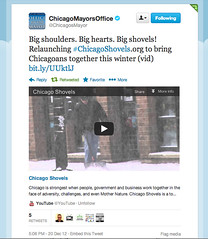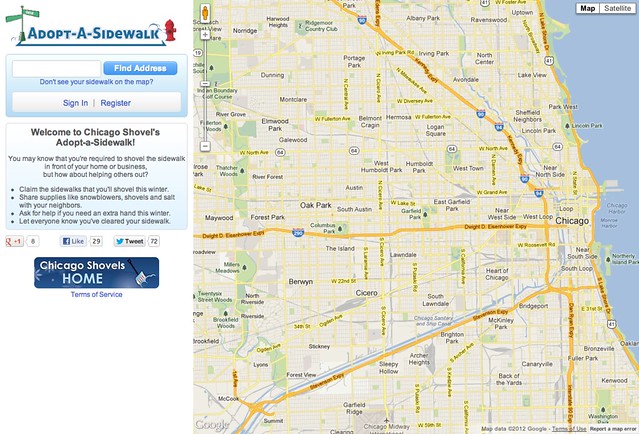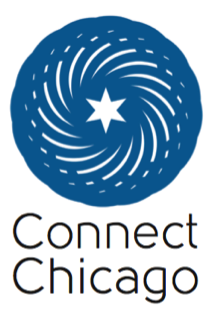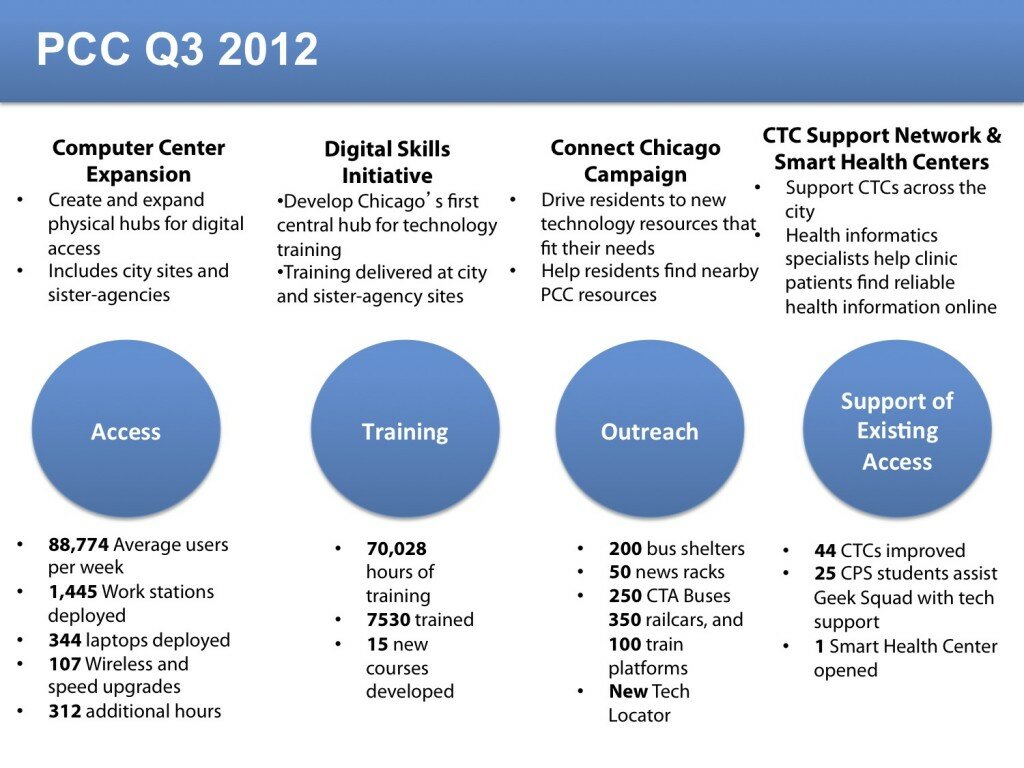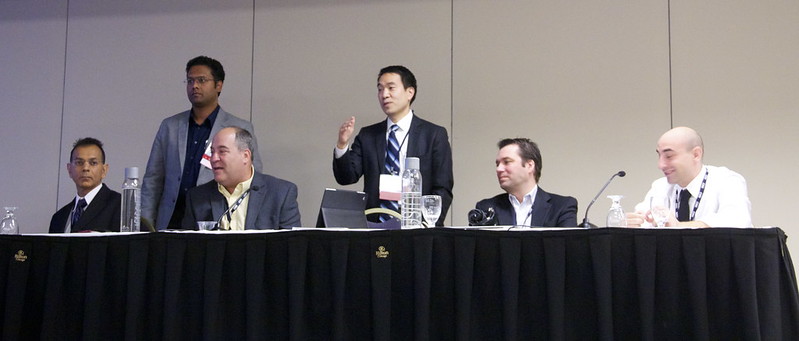As we noted in the launch post about Adopt-A-Sidewalk, tonight marks the first storm here in Chicago this winter. That means it is the first time this season that snowplows have been deployed by the Chicago Department of Streets and Sanitation. Here’s a list of all the 669 employees in that department with the word “driver” in their job title:
These are the people doing the essential work that keeps our city safe and operating smoothly. They deserve a lot of credit.
So plows on the street mean the City’s PlowTracker is in action, showing the plows in real time:
New this year– works in mobile!
And PlowTracker up and running means that ClearStreets has data to show you where the plows have been:
Yesterday the people behind ClearStreets, including Derek Eder, who works as a contractor for a number of map-focused Smart Chicago projects, including Chicago Health Atlas, Chicago Early Learning (along with Azavea out of Philly), and Connect Chicago, needed a place to run some scripts that help ClearStreets run. They’re using civic data, are helping make lives better, and otherwise meet our criteria for inclusion in our free hosting program, so they’re up and running on our account.
We host a number of other projects there, including Twitter classification experiments that track illness and learning management systems that store free digital training. We’ve got 17 instances with our own projects and those from the larger OpenGov community in Chicago.
This is where Smart Chicago sits— founded by the municipal government and some of the City’s largest philanthropic institutions, directly funding civic developers to work on important projects, hosting gatherings where developers get together to talk policy and write code, providing real (through our seats at 1871) and virtual space for innovation.
Let it snow.



